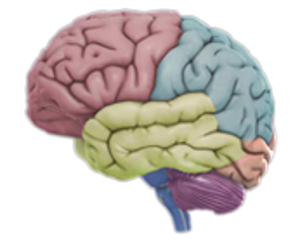The United States Preventive Services Task Force has recommended against routine screening for carotid artery disease. Screening for carotid artery disease is usually done with ultrasound. It is very often performed in a physician’s office. The goal of screening is to detect narrowing of the carotid artery, with the theory that it will help prevent stroke and death. This group of independent experts has reviewed all available data and studies, and has reached the conclusion that there is no evidence to support screening people who have never had signs of stroke. Furthermore, they stated that there is a likelihood of some element of harm in doing this screening.
This statement applies to people who are termed asymptomatic. These are people who have never experienced any of the warning signs of stroke, such as weakness of one side of the body, difficulty with speech or vision, or difficulty walking. The test is being done ‘to check’ whether they have narrowing of the carotid artery in the neck. This is the main artery carrying blood from the heart to the brain.
Studies on this group of patients have demonstrated very little benefit from carotid artery surgery. And they were done over 20 years ago, when medical therapy was not as advanced as today. So it is felt to be likely that current medical therapy would be superior to surgery in this group of patients.
Studies are now in progress to determine whether best medical therapy (antiplatelet drugs such as aspirin, cholesterol lowering agents, and good treatment of blood pressure) is superior to procedures such as surgery or stenting.
For now, most patients who have carotid artery narrowing detected on a routine ultrasound examination of the neck, should take appropriate medications rather than undergo a procedure.
The recommendation may be found here:
https://www.uspreventiveservicestaskforce.org/uspstf/sites/default/files/file/supporting_documents/carotid-artery-stenosis-screening-final-rec-bulletin.pdf
